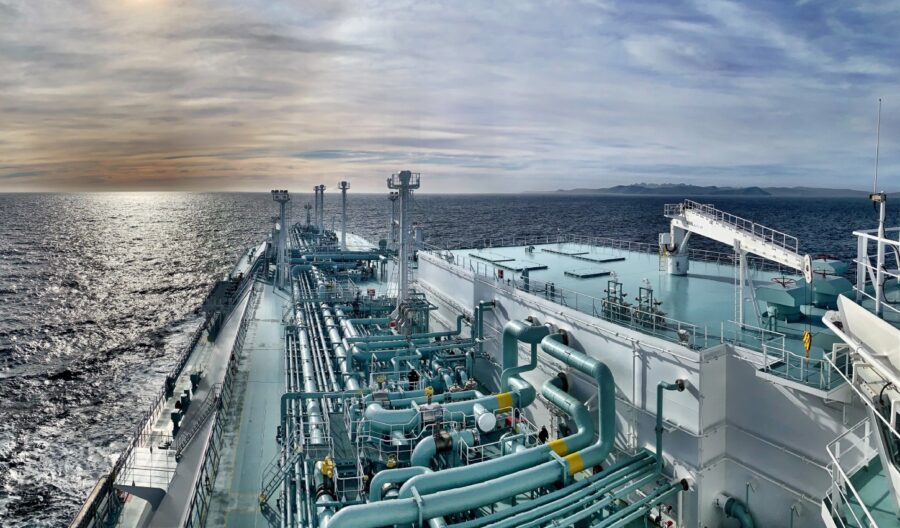A. OVERALL AIM
To improve the theoretical knowledge, understanding and skills of Officers involved in the handling and management of LNG as cargo.
More specifically, the training course is intended for:
– Officers with seagoing service and experience mostly on oil and chemical tankers. The completion of this course is considered as a requirement according to the SIGTTO Experience LNG Matrix Guidelines for Officers to be recruited on a LNGC.
– Experienced Officers in the LNGCs who are responsible for the planning and conduct of cargo operations at the Deck or Cargo Equipment Management Level. It can serve as a refresher course, at which, new developments in the equipment, practices and lessons learned will be presented and discussed.
B. LEARNING OBJECTIVES – COURSE STRUCTURE
The syllabus of the course has been adjusted from the SIGTTO LNG Shipping Suggested Competence Standard, which provides best practice training guidance for Officers on LNG Carriers. The SIGTTO Standard has been structured according to the STCW Standards of Competence and Training, with the exception that the standards of competence are meant as outcomes of effective performance (competencies that are necessary to function efficiently at the appropriate level – Management or Operational).
Our central aim is to provide in a comprehensive way, the knowledge listed in each one of the proposed Modules of the SIGTTO Competence Standard and stimulate the participating Officers to carefully go through the underpinning knowledge in the relevant sections.
